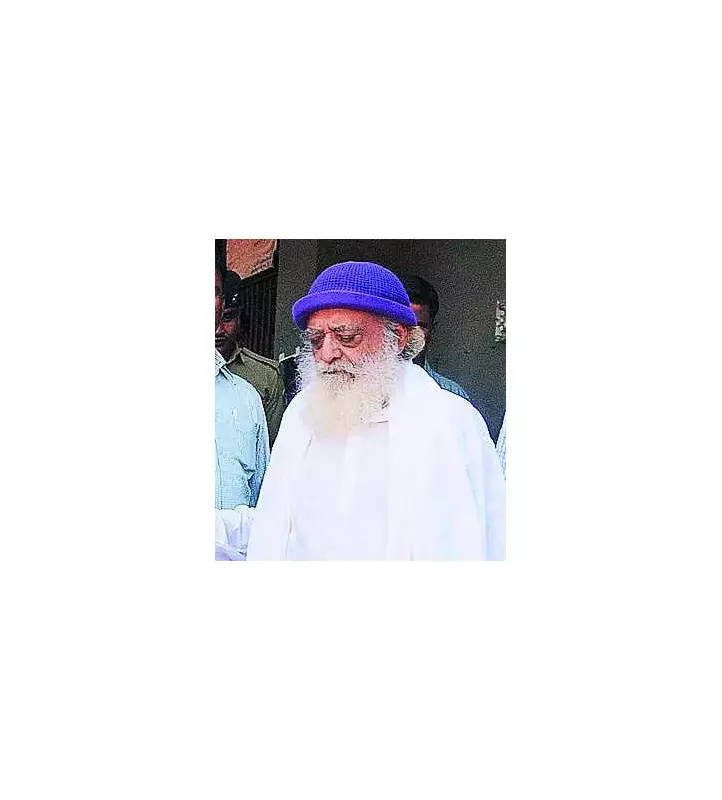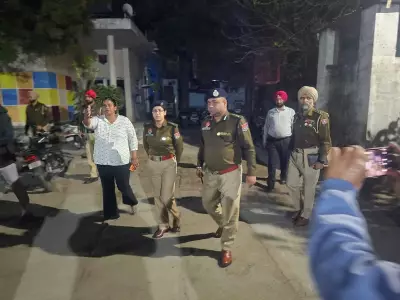
In a significant development, the Gujarat High Court has granted temporary medical bail to self-styled godman Asaram Bapu, who is currently serving a life sentence for the 2013 rape case. The six-month bail comes as a relief for the controversial spiritual leader, who has been incarcerated in Jodhpur jail since his conviction.
Court's Compassionate Decision
The bench, while considering Asaram's deteriorating health condition, approved the bail plea specifically for medical treatment. This decision underscores the judiciary's balanced approach between delivering justice and addressing humanitarian concerns regarding prisoners' health rights.
Background of the Case
Asaram was convicted in 2018 for sexually assaulting a minor girl at his ashram in 2013. The case had garnered nationwide attention and sparked massive protests across the country. The spiritual leader has been serving his sentence in Jodhpur central jail, with multiple bail pleas being rejected in the past.
Health Concerns Take Precedence
Medical reports submitted to the court indicated that Asaram requires specialized treatment that isn't adequately available within the prison healthcare system. The court's decision reflects the principle that while justice must be served, basic healthcare rights cannot be denied to any prisoner, regardless of their crime.
Conditions Attached to Bail
The temporary bail comes with strict conditions imposed by the court. Asaram will have to adhere to all bail terms and report regularly to authorities during this six-month period. Any violation could lead to immediate cancellation of the bail privilege.
Public Reaction and Legal Implications
This development has sparked mixed reactions among legal experts and the general public. While some see it as a necessary humanitarian gesture, others express concerns about preferential treatment. The case continues to be closely watched as it navigates the complex intersection of legal justice and medical necessity.






